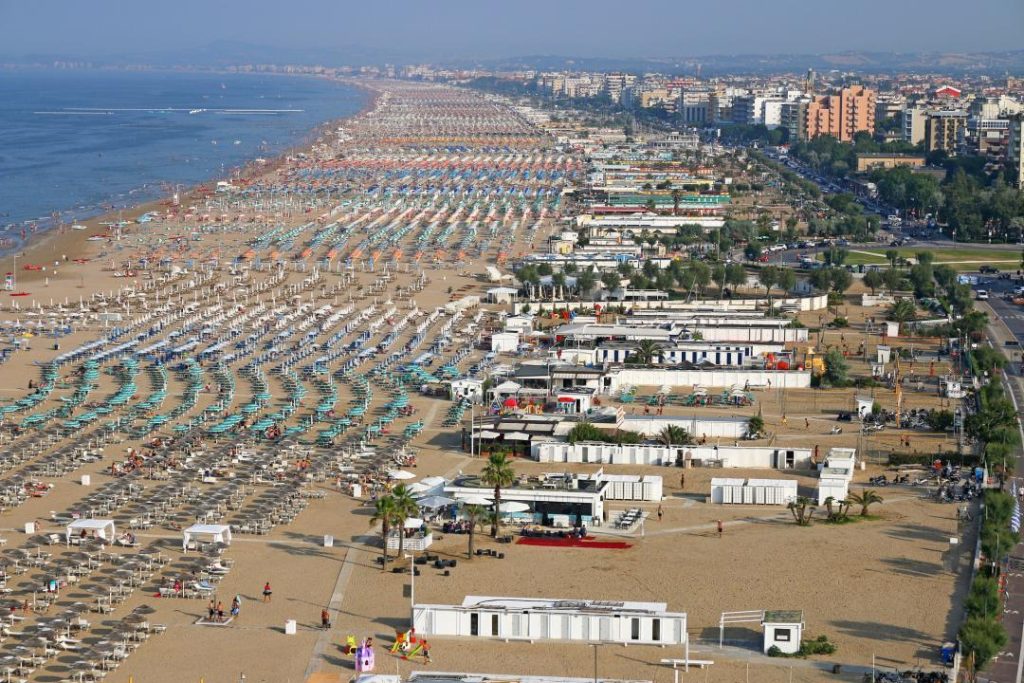
Inequality in human settlement dates back over 10,000 years: Study
Economic inequality between the rich and poor may seem like a modern problem, but new archaeological evidence suggests it has existed for over 10,000 years. An archaeological study published in the journal Nature Human Behaviour has made a groundbreaking discovery, revealing that human settlements with greater material inequality tended to last for longer periods. However, the authors clarified that inequality was not necessarily the reason for the longevity of these settlements.
The study, conducted by a team of researchers from the University of Cambridge and the University of California, Santa Barbara, analyzed the remains of over 100 ancient settlements across the world, dating back to the Neolithic period. The researchers used a combination of archaeological data, including artifacts, architecture, and human remains, to reconstruct the social and economic structures of these ancient communities.
The study found that settlements with greater material inequality, as measured by the presence of luxury goods and high-status burials, tended to persist for longer periods than those with less inequality. This suggests that inequality was not a barrier to the survival of these settlements, but rather a characteristic of successful and resilient communities.
The researchers also found that settlements with greater inequality tended to be more complex and hierarchical, with clear social stratification and specialized labor. This complexity and hierarchy may have allowed these communities to adapt to changing environmental conditions and compete more effectively with other settlements.
The study’s findings challenge the common assumption that inequality is a relatively modern phenomenon, unique to industrialized societies. Instead, the data suggests that inequality has been a persistent feature of human societies for thousands of years, and may even have played a role in the success and longevity of these societies.
So, what does this mean for our understanding of human history and the development of societies? The study’s authors suggest that inequality may have been an important factor in the rise of complex societies, allowing for the development of specialized labor, trade networks, and social hierarchies.
However, the study also raises important questions about the nature of inequality and its impact on human societies. While the study found that inequality was not necessarily a barrier to the survival of these ancient communities, it is clear that inequality has had a profound impact on human societies throughout history.
In many cases, inequality has been linked to social and economic instability, conflict, and even collapse. The study’s findings may suggest that inequality is not a recent phenomenon, but it is clear that its impact on human societies has been significant and varied.
The study’s authors also note that the findings have important implications for our understanding of human migration and colonization. The spread of inequality across human societies may have played a role in the expansion of complex societies and the development of global networks.
In conclusion, the study’s findings challenge our assumptions about the nature of inequality and its impact on human societies. While inequality may not be a unique feature of modern societies, it is clear that its impact has been significant and varied throughout human history.
As we move forward, it is important to consider the role of inequality in shaping human societies and to work towards creating more equitable and just societies. The study’s findings may suggest that inequality is not a barrier to the survival of human societies, but it is clear that its impact on human well-being and happiness is significant.






